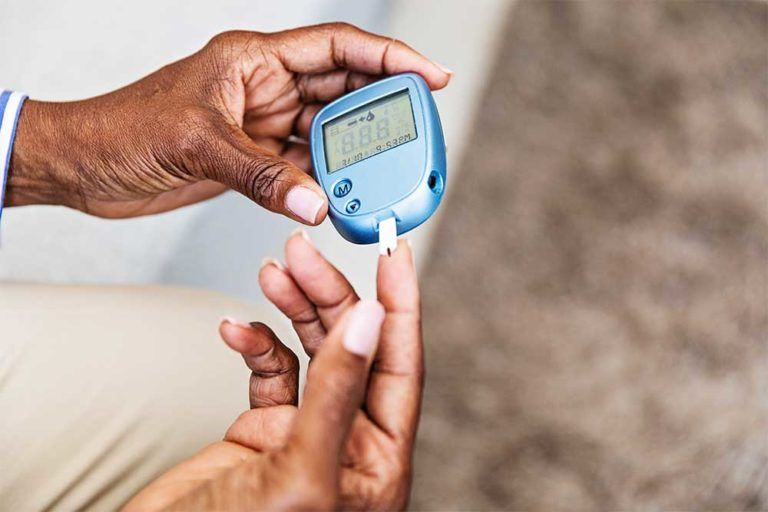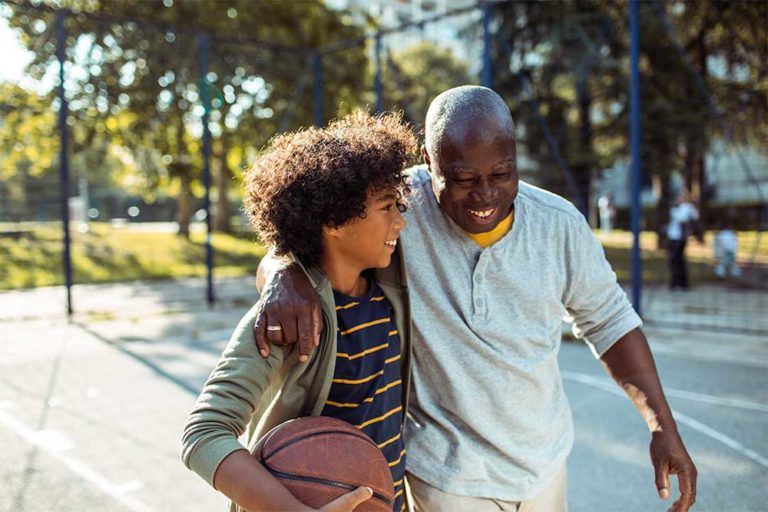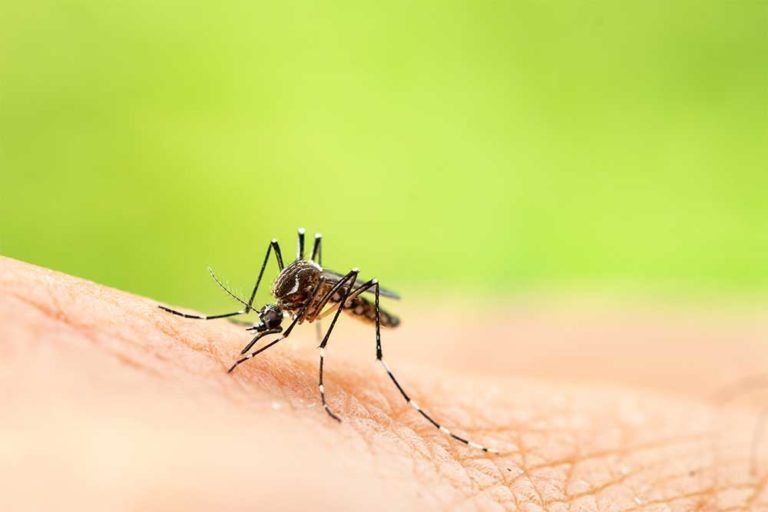Children who exercise while they are growing up are likely to continue doing so once they are adults.
No matter what your age is, the arguments for being physically active are good ones. For children, however, they are even more compelling. Children who exercise will sleep better and be more resilient, both physically and emotionally. Children with obesity face the possibility of a lifelong struggle with weight and all other associated medical problems that go with that, and exercise, of course, reduces the chances of risks associated with obesity.
According to the American Council on Exercise, children who exercise while they are growing up are likely to continue doing so once they are adults. Developing healthy eating habits is important, too, because there’s a connection between your upbringing and your Body Mass Index (BMI). Therefore, to give your children a healthy foundation for their adult life, it’s important to teach them good habits about eating right and being physically active, and the best way to do that is to make healthy eating habits and exercise a regular occurrence. Your children will benefit and so will you.
However, you may run into some resistance if your children have any of the following problems:
- Too much time spent on electronic entertainment.
- A habit of not exercising. Only half of those between 12 and 21 do exercise regularly.
- Weight that is categorized as being overweight or obese. More than 15 percent of school children weigh too much. If someone is overweight as a teen, 70 percent will still be overweight or become obese as adults.
- Type 2 diabetes. The percentage of children who weigh too much and also have type 2 diabetes is 85 percent.
- Sleep apnea, which is a temporary suspension of breathing while you are asleep. The percentage of children who are obese and have sleep apnea is seven percent.
If you want your children to be more physically active, try one or more of the following:
- Set the example. Your child is unlikely to exercise if you don’t exercise, either.
- Limit time spent watching television or using electronics. According to the American Academy of Pediatrics, you should have a family plan for media use. Media exposure for children under the age of 2 should be minimal or nonexistent. They need interaction and unstructured play, not screen time. For older children, look at quantity, quality, and location of media use. Limit entertainment to less than two hours per day. Bedrooms should be places to sleep, and a daily media curfew is a good idea.
- Teach your children to listen to their bodies. Too much exercise, or exercise that hurts, is unhealthy. It’s okay to start slow and work up. It’s also okay to balance the amount of time spent exercising with other demands, like school.
- Ask your pediatrician to help. The pediatrician can help you understand what the normal ranges for weight are, and help you with questions you might have about your children’s exercise habits. The pediatrician can also teach your children why exercise is important and might be able to recommend activities and sports your children will really enjoy.
- Ask your children what they want to do. It’s easier to get children to be active when they like what they’re doing. If it’s something the whole family can do, like hiking, that’s a bonus. You can play with your children and help them learn new sports.
- Choose age-appropriate activities. For example, if your child is eight, then soccer, riding bikes, and swimming are all probably good choices. Lifting weights or running three miles would be too much.
- Make exercise easy. Your children need a place and a time for exercise. Invest in active toys such as balls and jump ropes, and don’t allow their schedule to get so busy that there’s no time left for exercise.
- Keep exercise safe. Think helmets and knee pads, for example, and don’t forget appropriate, comfortable clothing.
- Make sure your children are building endurance, strength, and flexibility.
Whether your children are just beginning an exercise routine or are already physically active, your example will certainly benefit you and your children for years to come. The best thing to do, of course, is to start now.























